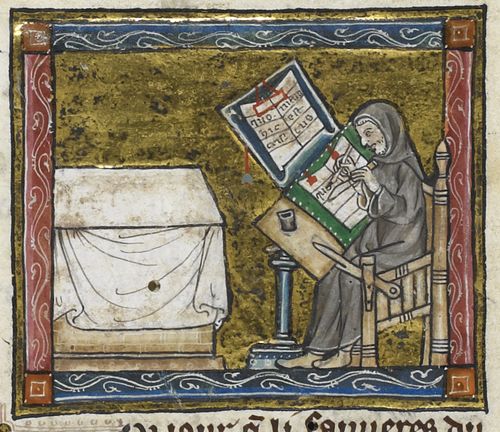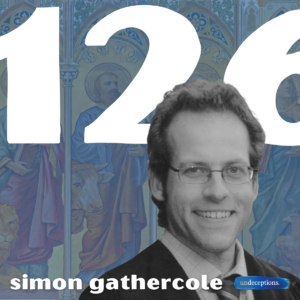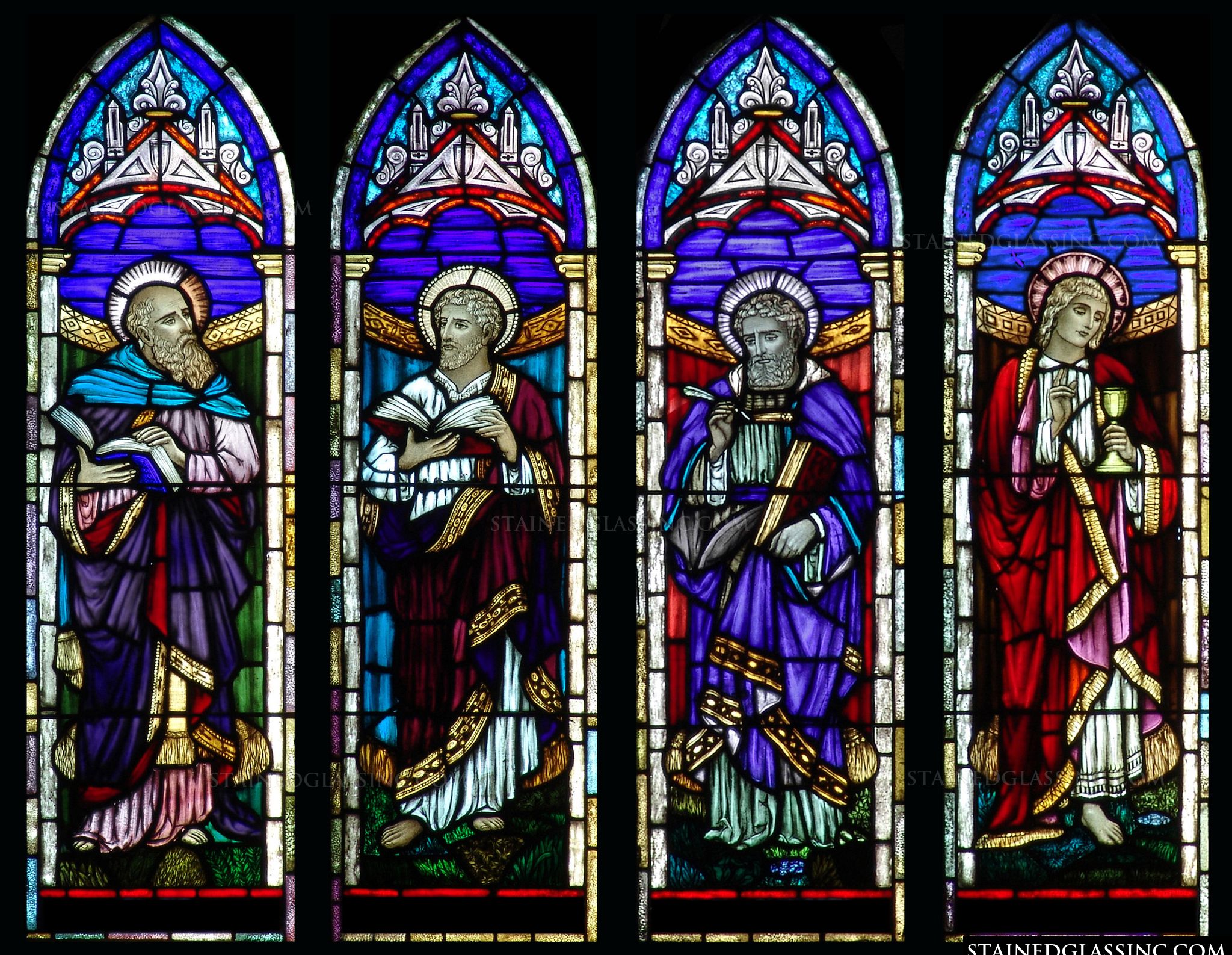A popular idea advanced today is the first four books of the New Testament – Matthew, Mark, Luke, and John – were anonymous compositions.
Those four names were added in later centuries, resulting in the four “Gospels” at the centre of every Bible today.
Here is the argument:
Early Christians added the names of the now famed Gospel writers to their otherwise anonymous documents, to lend credibility to them.
This gave Christians a reason to privilege the “orthodox” content of these texts over other, more controversial Gospels doing the rounds in the second and third centuries (Gospel of Mary, Gospel of Philip, etc.)
The general view is that someone in the second century added the name “Matthew” to the Gospel we now call Matthew because Matthew was a big name, as an apostle of Jesus (you can read about him in Matthew 9 and 10).
Mark was added because he gets a mention in Acts 12, where his full name is John Mark. Traditionalists hold Mark was likely a companion of Peter and composed his Gospel based on what he heard Peter say over the years. Many scholars reject that and argue that the name “Mark” was just added to that Gospel for effect.
Then there’s Luke. He gets a passing mention in Paul’s letter to the Colossians, where he’s called the “physician”. So, someone plucked that name out and added it to the anonymous text we know called Luke’s Gospel.
Same with John. His work was anonymous, so the story goes, and then in the second century someone added the title “Gospel according to John” to give the impression it was produced by one of the actual disciples of Jesus.
That’s the view – but New Testament scholar Simon Gathercole (who’s published extensively on the topic) refutes this.
Indeed, the Gospel writers don’t give their names in the texts.
However, unlike other books of the New Testament – such as the letters of John, Paul and Peter – the Gospels are biography.
This means there was no need for the authors to identify themselves; it is a pattern consistent with other ancient texts.

P75, a late second / early third century copy of Luke’s Gospel
“It’s very, very unusual to have the author’s name embedded in the text itself,” Gathercole said.
“We’ve got stacks of biographies from antiquity.
“The person who probably wrote most was Plutarch and he never includes his name in any of his biographies.”
In short, the claim that the Gospels are all “anonymous” on grounds of a lack of self-identification is no more accurate than insisting that a modern biography is anonymous because the biographer’s name appears only on the front and back cover of the book, not in the body of the work.
However, there are even stronger grounds to believe that the traditional authors are the right ones.
The attribution of Mark’s Gospel goes right back to the decades immediately after its composition (around AD 60).
According to the first-century Bishop Papias:
“Mark, having become Peter’s interpreter, wrote down accurately everything he remembered, though not in order, of the things either said or done by Christ. For he neither heard the Lord nor followed him, but afterwards, as I said, followed Peter, who adapted his teachings as needed but had no intention of giving an ordered account of the Lord’s sayings. Consequently, Mark did nothing wrong in writing down some things as he remembered them, for he made it his one concern not to admit anything that he heard or to make any false statement in them.
According to Gathercole, the attribution of Luke to his Gospel can be reasonably believed for two reasons.
Firstly, as said earlier, Luke explicitly names his patron Theophilus.
Gathercole notes that “It’s unlikely that this book would have just landed on Theophilus’s doorstep and he thought, ‘who on earth is this from’?
“I imagine that Theophilus was Luke’s literary patron and perhaps paid for the book’s production.”
Secondly, Luke is an extremely unlikely name to tack onto to a Gospel, given his largely insignificant standing in the New Testament.
Attributing his work to Peter, or James perhaps, would have made far more sense.
As for Matthew and John, Gathercole notes that, given the expensive nature of producing ancient texts, it is highly unlikely these Gospels would have been copied (on commission) without knowledge of their authorship.

For thousands of years book production involved the painstaking process of manual copying
“If someone makes a copy of the Gospel of John they’re going to be copying it for a reason,” he said.
“They’re going to have been commissioned to make this copy by someone who is laying out a lot of money, so they would have had good reason to want to do that.”
The absence of self-identification on such important documents is jarring.
However, early Christians were very careful with what was considered “scripture”.
They had a well-established method of discerning what was apostolic – and as a result, popular books missed out (The Epistle of Barnabas and The Shepherd Hermas are two such examples, sometimes included at the back of ancient Bibles).
The traditional view of the Gospel authors goes back to the lifetimes of the authors themselves, and early manuscripts and fragments of the Gospels are consistent in whom they attribute authorship.
Adding to this the literary conventions of first-century biography, and the logistical efforts in getting these texts produced in the first place, there is good reason to believe that the Gospels were written by the Apostles Matthew and John, travelling companion Mark, and Luke the physician.
Adapted by Alasdair Belling from the Undeceptions episode ‘Jesus’ Biography. Listen here


Want to be further undeceived?
Check out our network of podcasts and articles in the Undeceptions Library.











































